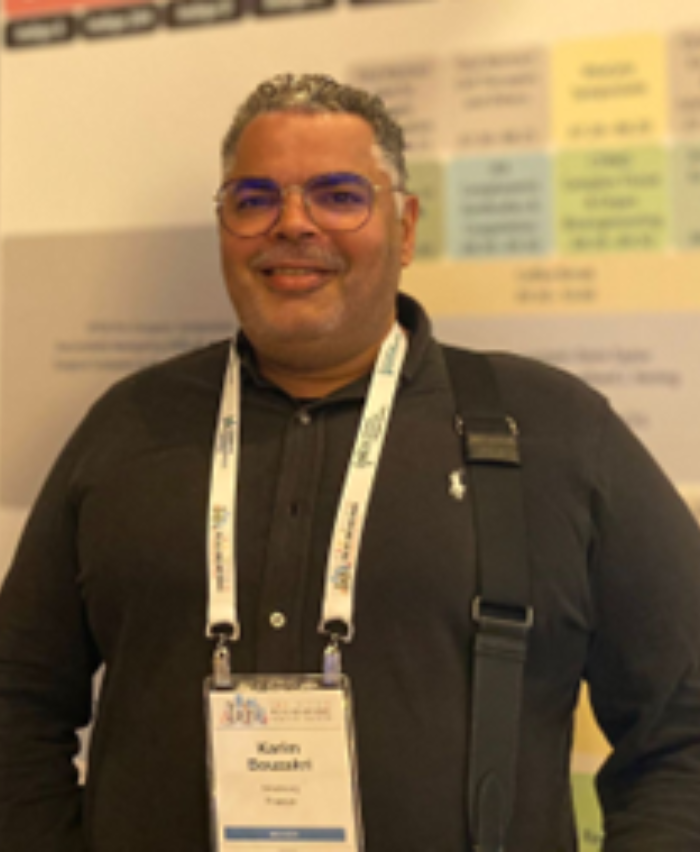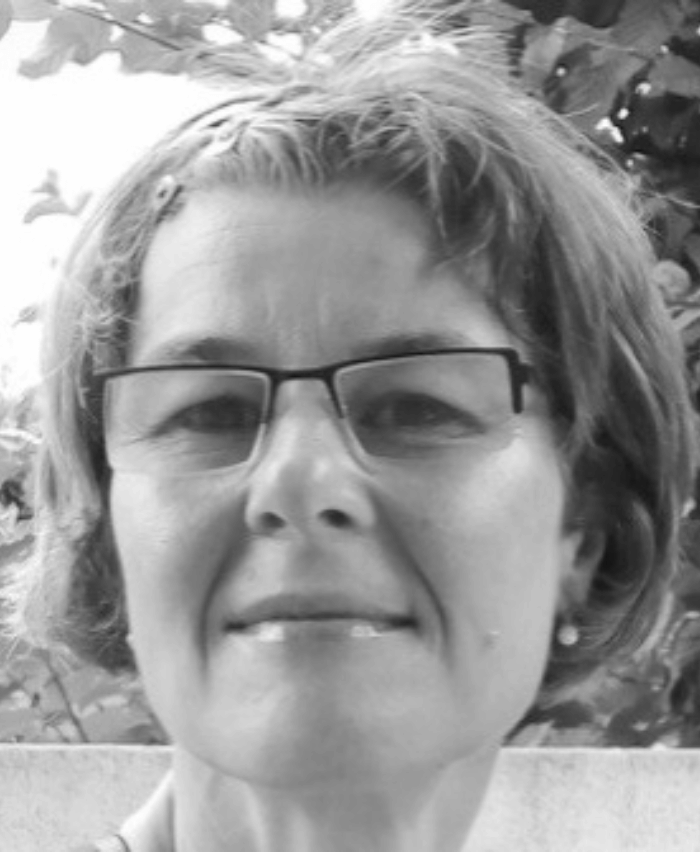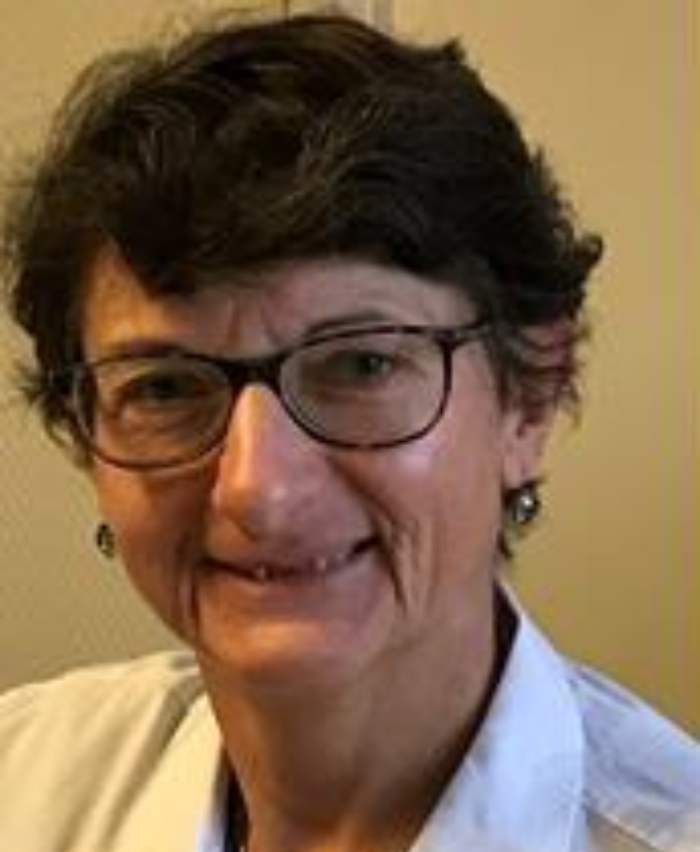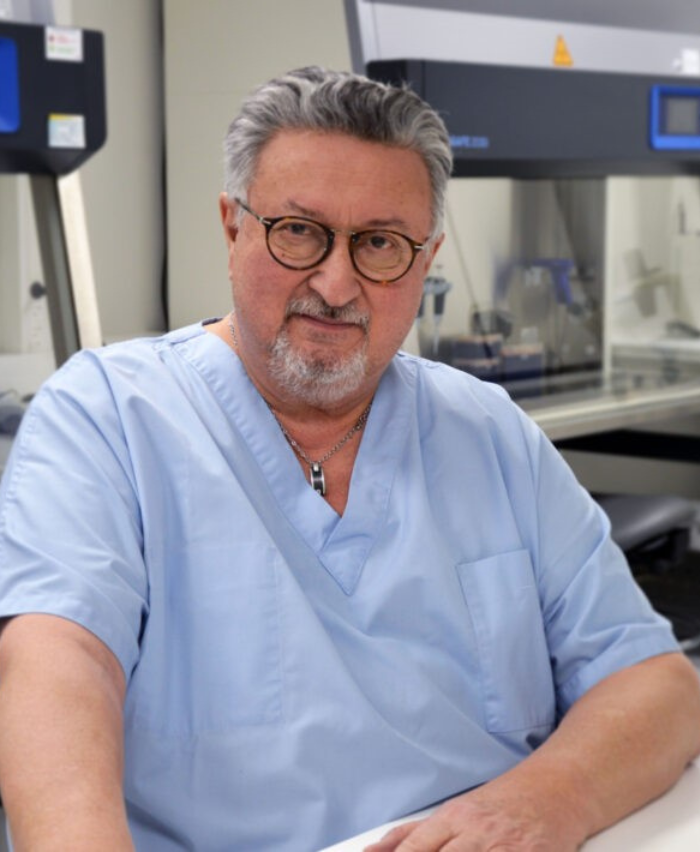SAM 2024 will be exclusively dedicated to diabetes.
The speakers at the 14th SAM will be:
- Dr Karim Bouzakri;
- Pascale Garoux;
- Prof. Laurence Kessler;
- Prof. Michel Pinget.
And terminology sessions will be led by Nathalie Renevier, freelance translator and terminologist since 1997.
Biographies
Nathalie RenevierNathalie Renevier, a freelance translator and terminologist since 1997, specialises in medical and legal translation. She has translated numerous works in the fields of health and medicine, in particular for De Boeck, Larousse, Robert Laffont and Désiris. She occasionally lectures at various universities, introducing students to medical translation and terminology, and also delivers training on medical translation. A member of the Société Française des Traducteurs and the Société française de terminologie for more than ten years, she has also contributed to the work of the French Ministry for Health's Terminology Commission for the last four years. She has a blog providing resources for translators and terminologists (http://www.ressources-alp-traduction.com/). |
|
 |
Dr Karim BouzakriDr Bouzakri received his PhD from the University of Lyon, studying insulin signalling in Type 2 diabetes with Dr Vidal. In 2004 he joined Dr Juleen Zierath’s team at the Karolinska Institute in Stockholm, where he spent 2 years as a postdoctoral fellow. During this period, he published a series of important papers describing the molecular defects underlying insulin resistance in skeletal muscle in type 2 diabetes and the metabolic syndrome. Dr Bouzakri was an investigator at the University of Geneva, where his previous research experience studying skeletal muscle was complemented by Dr Philippe Halban’s understanding of the pancreatic beta cell. This has led to a new project investigating the impact of insulin resistance on beta cell function and survival, with a new focus on the cross-talk between insulin-resistant skeletal muscle and beta cells that Dr Bouzakri suggests may contribute to decreased beta cell functional mass in Type 2 diabetes with potential implication on the discovery of new therapeutic targets in Type 1 diabetes and enhancing cell therapies. Dr Bouzakri was awarded the Rising Star by the EASD in 2010. Dr Bouzakri was thus able to identify and patent several new key proteins involved in the regulation of insulin secretion and in the survival of pancreatic beta cells. With those promising results at hand and the goal of continuing his research in close proximity to its clinical applications, Dr Bouzakri decided to join the European Center for the Study of Diabetes chaired by Prof. Michel Pinget in Strasbourg. There Dr Bouzakri was able to show that previously identified myokines may have the potential to prevent disease progression in rodent models of induced Type 2 diabetes. In addition, due to their strong anti-inflammatory impact, these myokines also have a strong cytoprotective effect on the pancreatic islet pre- and post-transplant in the context of Type 1 diabetes. Additional studies are underway in order to gain more insights into the mechanism of action and bring the most promising drug candidates into clinical use. For this purpose, Dr Bouzakri founded Ilonov in 2020. To date the company has been awarded the prestigious French grant i-Lab in 2021 and the research on myokines was part of the Galien selection in 2022 for the best pharmaceutical innovation. |
 |
Pascale GarouxFor 23 years, Pascale Garoux was a community and hospital-based podologist. Over this time she specialised in:
As a mature student, she obtained a master 2 Traduction et Interprétation en Langues étrangères appliquées (L.E.A. anglais, italien, français), spécialité Communication internationale en science de la santé (C.I.S.S.), and a diplôme universitaire de Traduction spécialisée et Terminologie (DUTRAS 2 anglais, français) from Université Lumière Lyon 2 in order to become a medical translator. She is a contract tutor on the translation masters program at Lyon 3 and Lyon 2 universities, and runs linguistic workshops for a vocational training centre. She still maintains a strong interest in her first career, continuing her work with some clinical studies and podology training seminars and participating in multidisciplinary conferences and round tables on diabetic foot conditions (Lyre, Société francophone du diabète). |
 |
Prof. Laurence KesslerProf. Laurence KESSLER is Professor of Endocrinology and Diabetology at Strasbourg University Hospital. Her main interest is the management of patients with type 1 diabetes and patients with secondary diabetes: post-transplantation and cystic fibrosis-related diabetes. She is particularly interested in the development of innovative therapies, including diabetes cell therapy, closed loop insulin delivery and continuous glucose monitoring. She is head of the GRAGIL Swiss-French pancreatic islet transplantation network. She is head of the Organ Dysfunction and Transplantation research group within the INSERM UMR 1260 unit at the University of Strasbourg, created in 2018. Her fundamental research focuses on vascular and tissue stress in transplantation through the study of micro vesicles and cellular environment. Via the input of the MPs and the specific environment representing pancreatic islet transplantation, her research is articulated around two axes: (i) the vascular alterations of islet graft and approaches for tissue repair (ii) the development of biomarkers for islet graft monitoring. |
 |
Prof. Michel PingetProf. Michel Pinget graduated from the University of Strasbourg, after studying for 6 years at the Faculty of Medicine of Lyon. Qualified in both Internal Medicine and in Endocrinology-Diabetology he completed his residency in 1972 and became Clinical Assistant in 1976. From 1978 to 1979 he contributed to the development of radioimmunoassays through a certification in in vitro nuclear medicine at Saclay. In 1979, he then joined Nobel prizewinner Rosalyn S. Yalow’s team, working on the localization of CCK and CCK 8 in the brain. He was head of the Endocrine and Diabetology Department at the University of Strasbourg from 1984 to 2013. He is still Professor of Endocrinology in Strasbourg and is creating a new department of Diabetology at the Hospital of Mulhouse. His major fields of interest are the development of new technologies for the treatment of Type 1 diabetes mellitus, as well as that of cellular treatment. He is the president and executive director of the European Center for the Study of Diabetes (CeeD) that he founded in 1991. With a group of students and 6 PhD researchers, CeeD is developing innovative techniques for basic and applied research, including islet macro-encapsulation, as well as for insulin vectorization. The Centre is strongly supported by the EU through successive grants from the Commission. |


